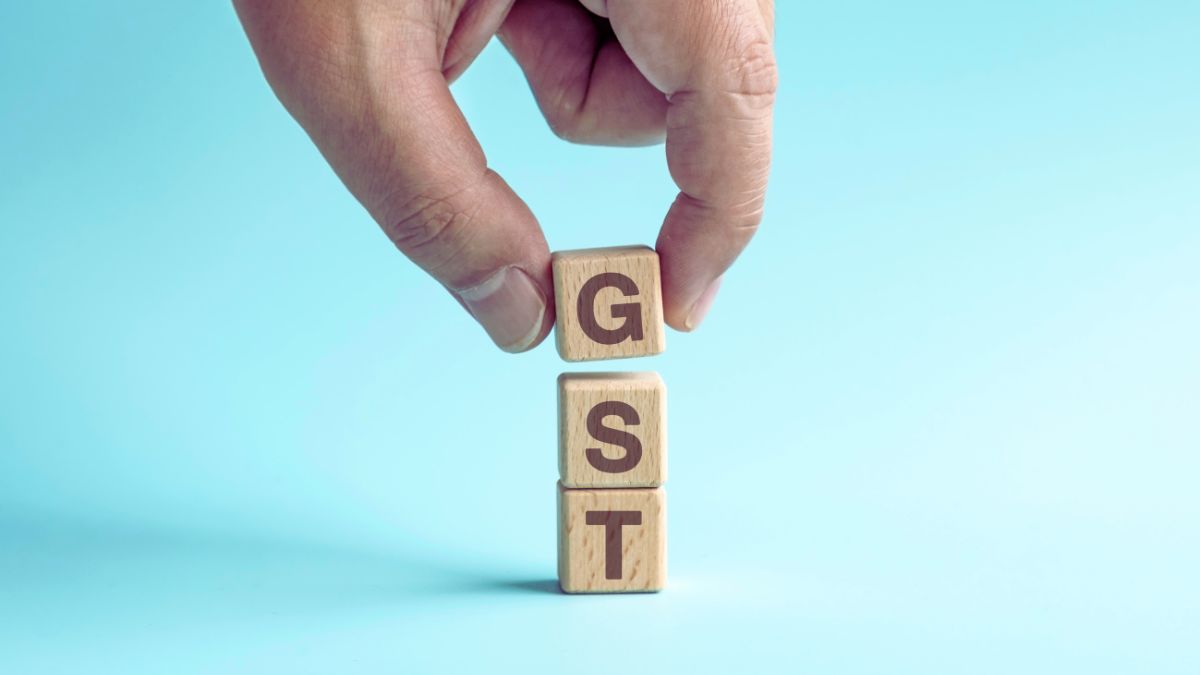The finance ministry has set the stage for a significant overhaul of the Goods and Services Tax (GST) regime, outlining reforms built on three key pillars — structural changes, rate rationalisation, and improving the ease of living for citizens.
According to the ministry, the proposed changes will include rationalisation of tax rates to ensure benefits reach all sections of society, while also addressing long-standing issues such as classification-related disputes and inverted duty structures in specific sectors.
Officials say the reforms are aimed at ensuring greater rate stability and enhancing the ease of doing business, measures that could boost investor confidence and economic momentum. The ministry added that the changes are expected to strengthen key sectors of the economy, stimulate activity across industries, and pave the way for sectoral expansion.
The announcement signals one of the most ambitious GST reform drives since the tax’s rollout in 2017, with the government looking to create a simpler, fairer, and more business-friendly tax system ahead of the festive season.


